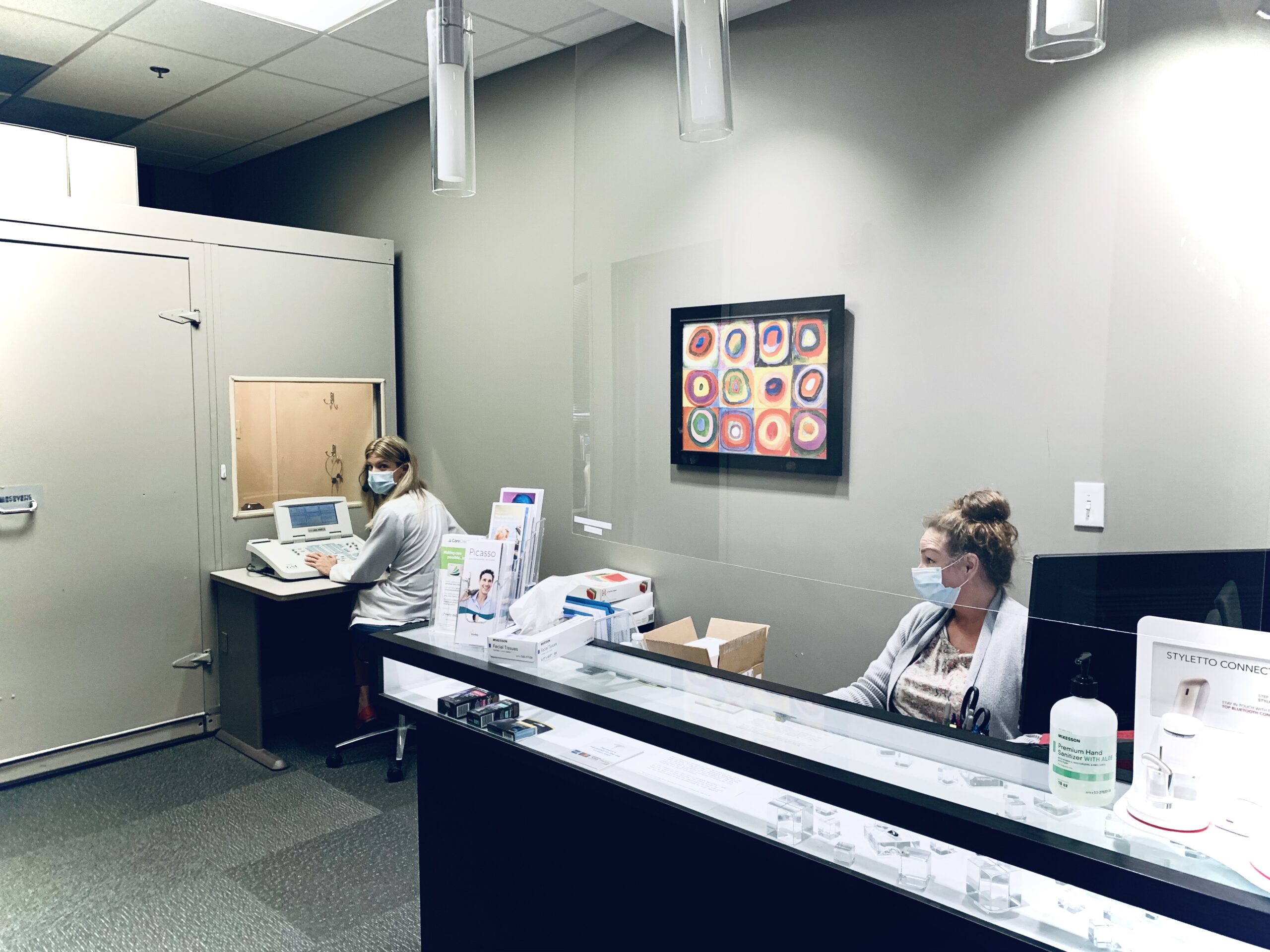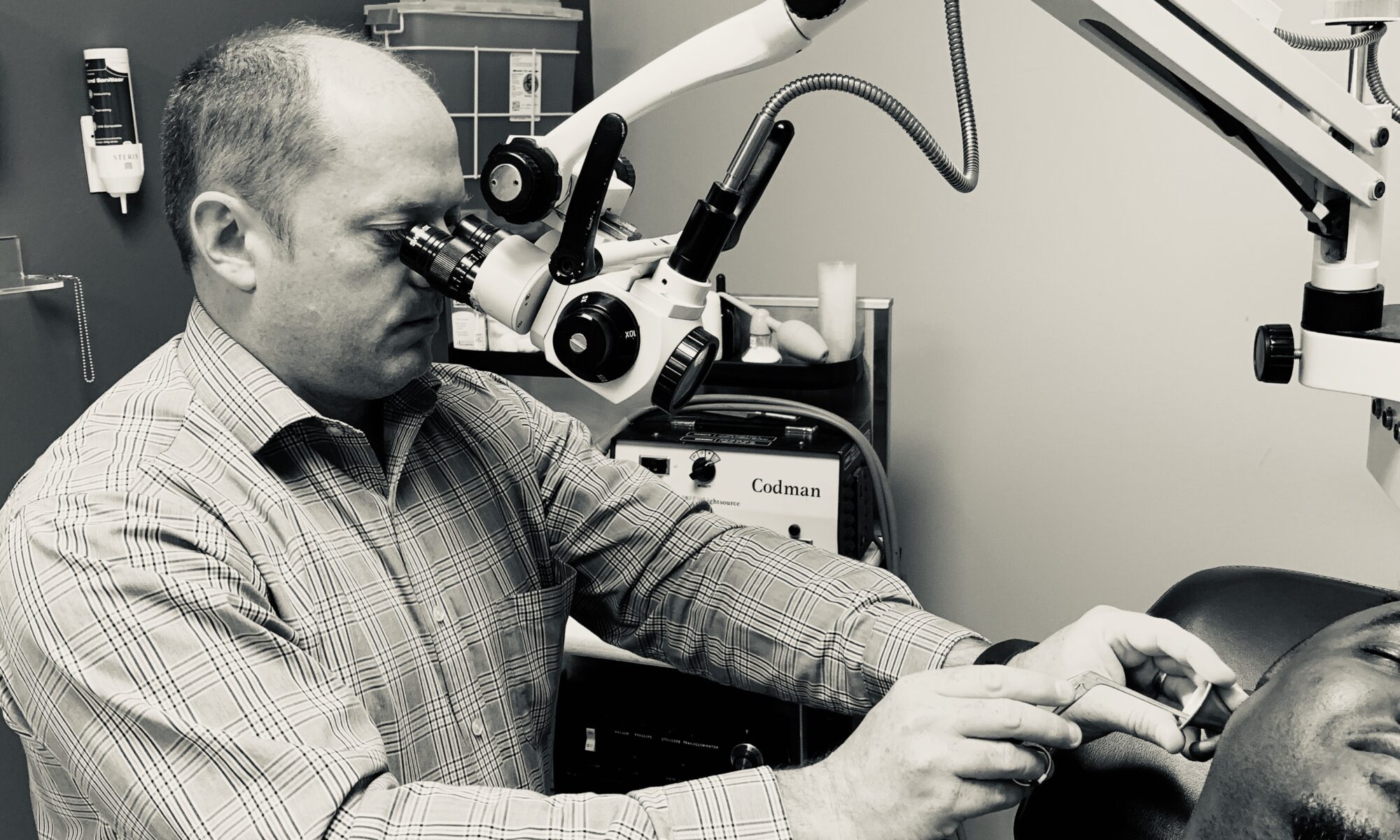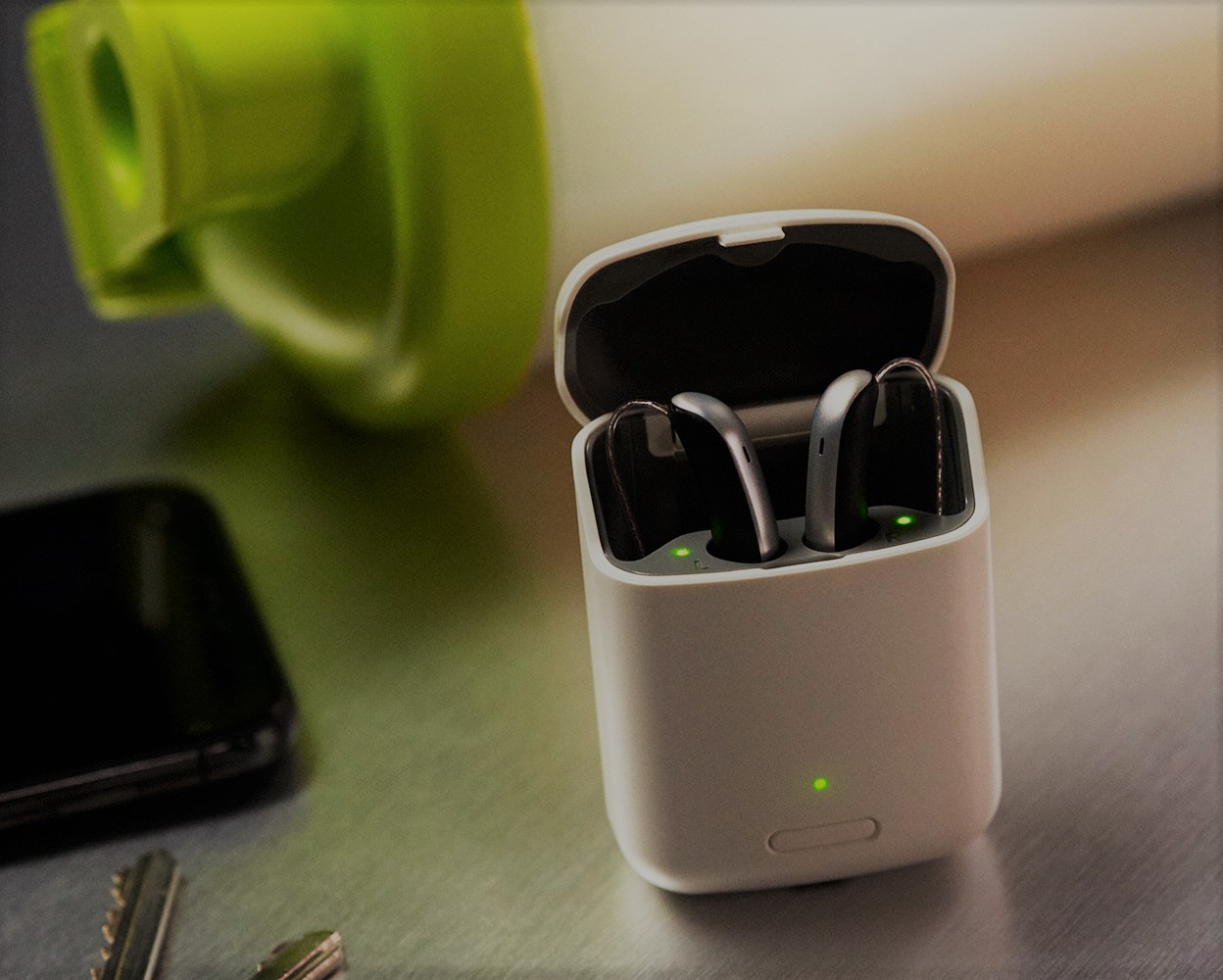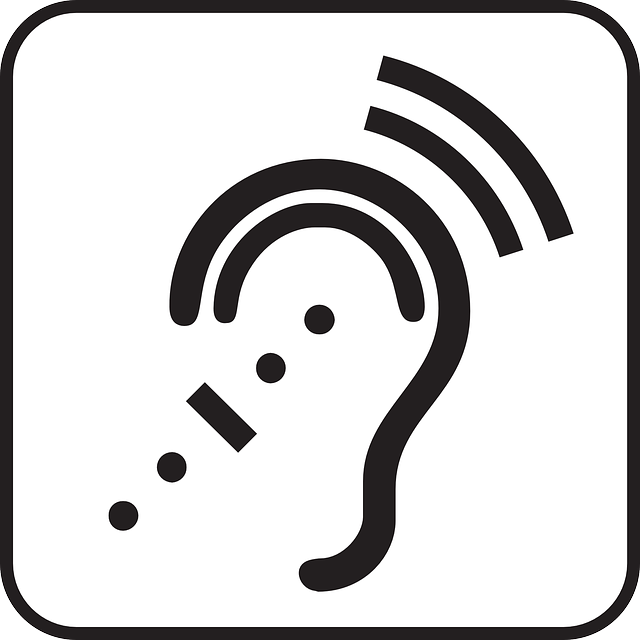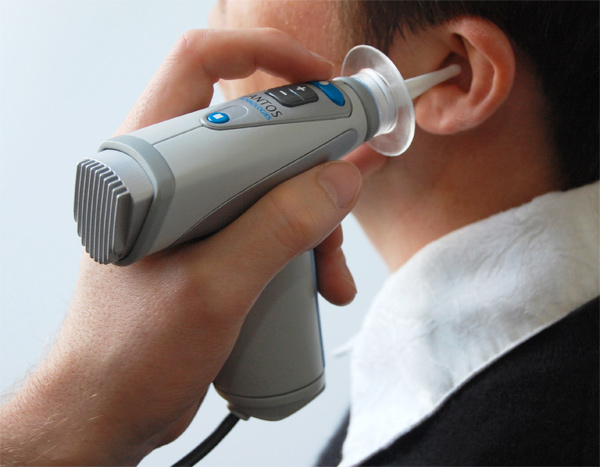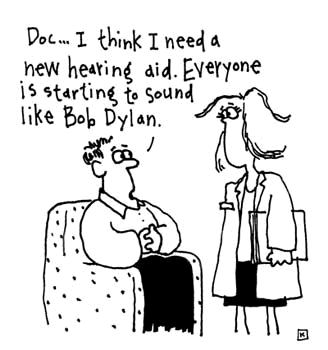Would you like to hear better in a noisy environment? You might have been having a hard time understanding your family and friends. The good news is that there is help for you. Hearing aids are now smaller and more affordable. You will be able to distinguish words better, and hear certain sounds better than before. You might find it easier to follow conversations.
Filtering background noise is a complex task that our brains are working on. But did you know its not just the brain at work? The cochlea of the inner ear actually has nerve endings that are tunable and “learn” to amplify more of what you want to hear. This makes it tricky for hearing loss, because we also lose the ability to “tube” our inner ears.
Hearing aids must incorporate some form of programming or even modern artificial intelligence to try and filter background sound for us. Hearing aids may also use microphone tricks or even remote microphones to better assist.
In any event, background noise filtering is where the action is in terms of hearing aid tech development – helping you to hear what you really want to hear!


